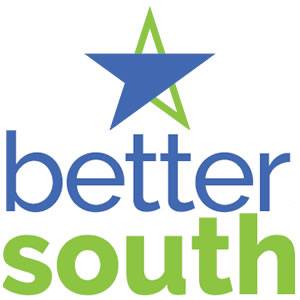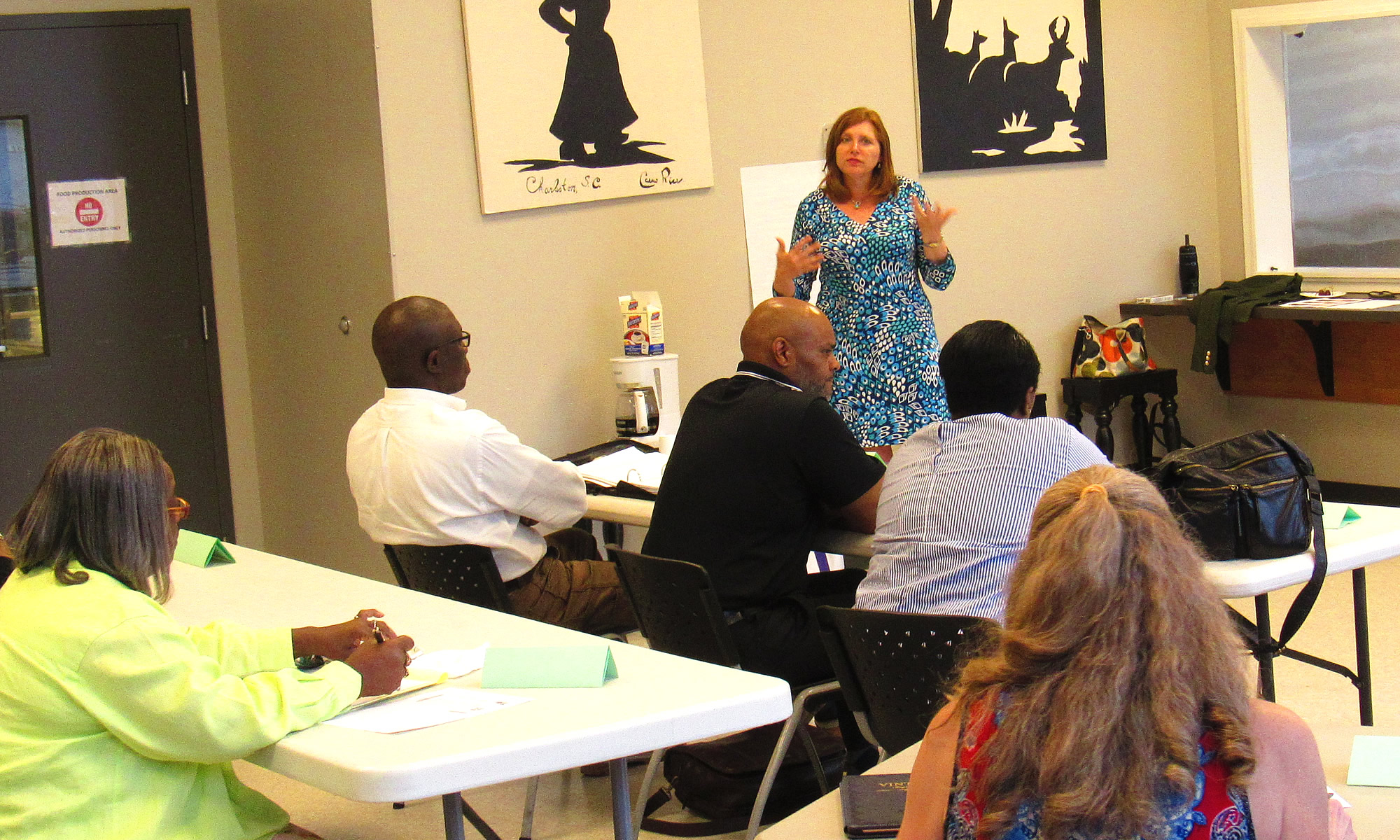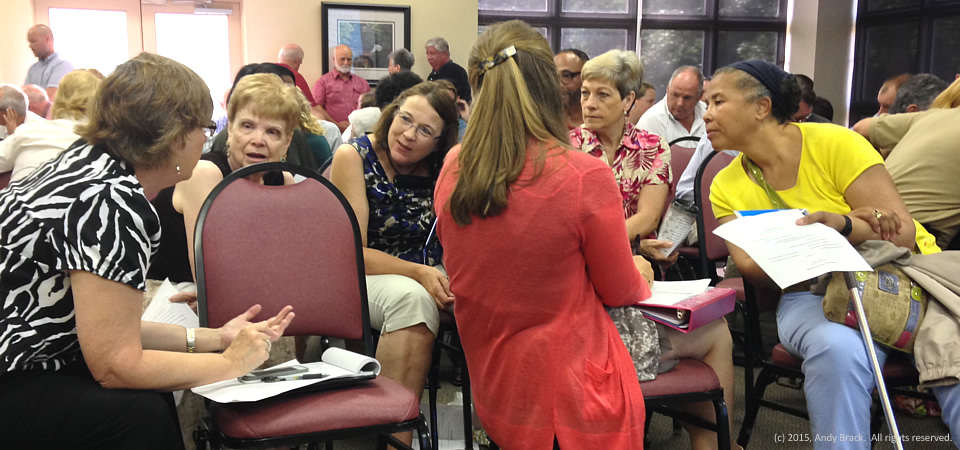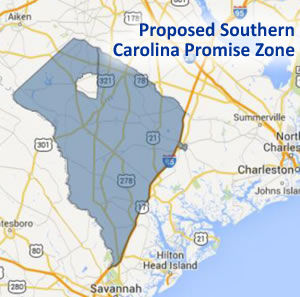Training in Yemassee, Barnwell to offer tools to local governments, organizations
MAY 24, 2017 | The Center for a Better South will offer two one-day classes by a nationally-acclaimed trainer next month in the S.C. Promise Zone to help neighborhood, nonprofit and local government leaders understand community assets and mobilize them to their advantage.
 “Understanding and Mobilizing Community Assets” will be held June 20 in Yemassee and June 21 in Barnwell. The trainer is Ron Dwyer-Voss, founder of Pacific Community Solutions in Sacramento, Calif., through an arrangement with the nationally-acclaimed and congressionally-chartered NeighborWorks America, a nonprofit that helps build skills at the grassroots level.
“Understanding and Mobilizing Community Assets” will be held June 20 in Yemassee and June 21 in Barnwell. The trainer is Ron Dwyer-Voss, founder of Pacific Community Solutions in Sacramento, Calif., through an arrangement with the nationally-acclaimed and congressionally-chartered NeighborWorks America, a nonprofit that helps build skills at the grassroots level.
“Each all-day class will guide people to strengthen their communities from the inside out by providing tools to better understand local assets, build on them and, we hope, generate economic activity,” said Better South President Andy Brack. “We’re fortunate to have a professional of Ron’s caliber join us in the Promise Zone to share his knowledge on how communities can use asset-based community development effectively.”
Each morning session will focus on building on the assets of area communities. Afternoon sessions will outline how to develop neighborhood assessments to improve communities. Lunch will be provided to participants at no cost. Classes are being held in two locations to make the information more accessible to area citizens.
Yemassee session: 9 a.m., June 20. Location: Board room, Lowcountry Council of Governments, 634 Campground Road, Yemassee, S.C. 29945. The class is open to 35 participants. (Note: This location is near the Point South interchange on Interstate 95. It may be more convenient for people from Colleton, Hampton and Jasper counties.)
Barnwell session: 9 a.m., June 21. Location: Edisto Room, SouthernCarolina Alliance, 1750 Jackson Ave., Barnwell, S.C. The class is open to 35 participants. Parking is behind the SouthernCarolina building at 54 Irving St. (This location may be more convenient for people in Allendale, Bamberg and Barnwell counties
- Register for either class online: http://www.BetterSouth.org/register
Interested in attending?
There is no cost to attend but to attend, you must register. Each class is limited to 35 participants. To register for either class (one session per person only), please go to the link below and follow the instructions for registering.
http://www.BetterSouth.org/register
Important information
- Attendance is limited. Reservations are offered on a first-come, first-served basis. If a class fills up, you will be put on a waiting list in case a spot opens. If a spot does not open, we will contact you if a new class is offered.
- Lunch will be provided. Participants will receive a lunch at midday.
- No show policy. If you register and can’t come, please let us know as soon as possible so we can make a space available to someone else. If you reserve a place and don’t attend, you will be billed $20 to reimburse the Center for lunch. Signing up for the class is a commitment by you to attend for free or pay the lunch fee if you don’t.
- Transportation. You will have to provide your own transportation to a class. If you need a ride, please let us know so that we can determine whether there are any carpooling opportunities for you.
- Questions. Please send questions by email to: brack@bettersouth.org.
Trainings offered by the Center are provided through a Rural Business Development Grant awarded in 2016 by the U.S. Department of Agriculture.
The Center for a Better South was a leading driver of the area’s combined effort to apply for and be successful in winning the federal designation for the region to be a Promise Zone. You can get updates on the Promise Zone at its website: http://www.SCPromiseZone.org.
###



